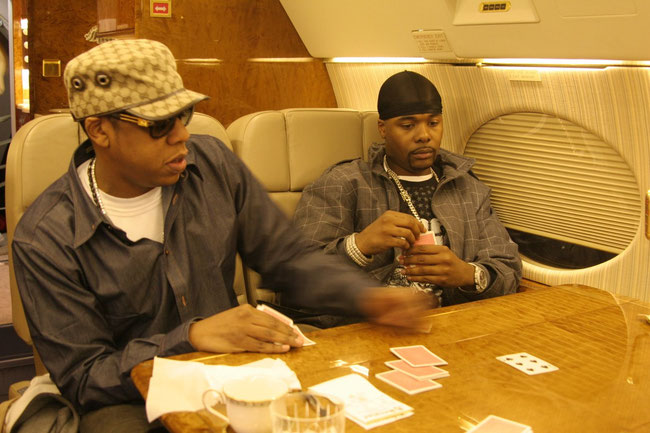Hard Determinism
Hard determinists think that all human actions are causally determined by the laws of nature and initial conditions. At any moment, the state of your brain and your environment together with the principles that govern the behavior of matter necessitate the way that you will act.
In addition, hard determinists think that the causal determinism of all human actions means that no human actions are free. Your computer is a complicated machine, and you don't think it's free. You are much more complicated, but you too are a machine, and you lack freedom as well.
I want to share with you two of my favorite quotes by hard determinists.

David Hume
"When [a prisoner] tries to escape, he chooses to work on the hardness of stone and iron rather than the inflexible nature of the jailer"

Baron von Holbach
"Man's life is a line that nature commands him to inscribe upon the surface of the earth, without his ever being able to swerve from it, even for an instant."
Hume's quote suggests that we all embrace hard determinism at some level, knowing that humans are as constrained in their behavior as inanimate objects. Holbach's quote presents the heady vision of our full lives being determined in advance: for each of us, there is a line we will travel throughout our lives, determined in advance (though we cannot know what it is). It also suggests that he was not sufficiently imaginative about future technology. Some people do not stay on the surface of the earth.

Take that, Baron.
But of course the Baron would say that even on a G5, we travel a line laid out in advance. I think it is amazing to think that the laws of nature and the current conditions of the universe imply everywhere I will ever be for the rest of my days.
We might have a negative emotional reaction to hard determinism. It sounds depressing! We might also think that it would undermine many of our social practices, especially those connected with blame, reward, and punishment. But hard determinists often try to show that embracing this view doesn't make much of a difference, or even any difference, to our lives.
First, it does not make our choices meaningless. Hard determinists hold that what you do for the rest of your life is determined. But it is determined in part by the way you make choices. If you sit on the couch and bemoan your fate as a line-follower, your life-line will not be very dynamic. If you try to make your life go well, you have a chance at a much more enjoyable fate. According to hard determinism, Jay-Z is just as determined in his actions as someone sitting on their couch in existential crisis. But, I'm assuming, it's better to be Jay-Z. So hard determinism implies that you should still try whatever it is you think will make your life go best.
Second, hard determinism is consistent with blame, praise, and the criminal justice system. Even though people who do good or bad things couldn't have done something differently, what they do is determined in part by what they perceive as incentives. If we want people to act in a certain way, we have a reason to create an incentive structure that will determine them to act in the ways that we want. We should reinforce behavior that we like and punish behavior that we don't.
A general theme behind these two observations is that even if we aren't free, we still want things to be a certain way. So we have a reason to work towards things happening the way we want them, both by making decisions ourselves that will lead to what we want, and by praising and blaming others so that they are more likely to do what we want.
It should be admitted that according to hard determinism, the rationale for punishment and reward changes. We can't coherently say that people are getting what they deserve, since they had no choice in what they did. It may be disturbing to think that people are imprisoned merely to create an incentive for people not to do things generally disliked by society, and people are given prizes just to create incentives for desirable behavior. But if everyone's life runs along a pre-determined line, how could some people truly deserve poor treatment while others deserve good treatment? Which line we are traveling, and the way that it runs, looks to be completely a matter of luck.
Copyright 2019 by Sam Ruhmkorff

